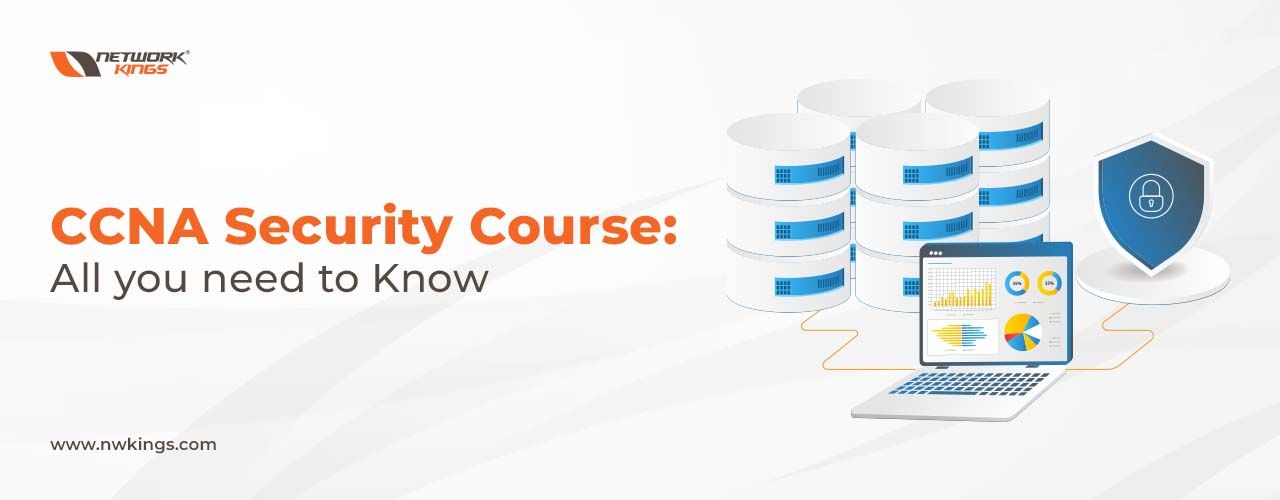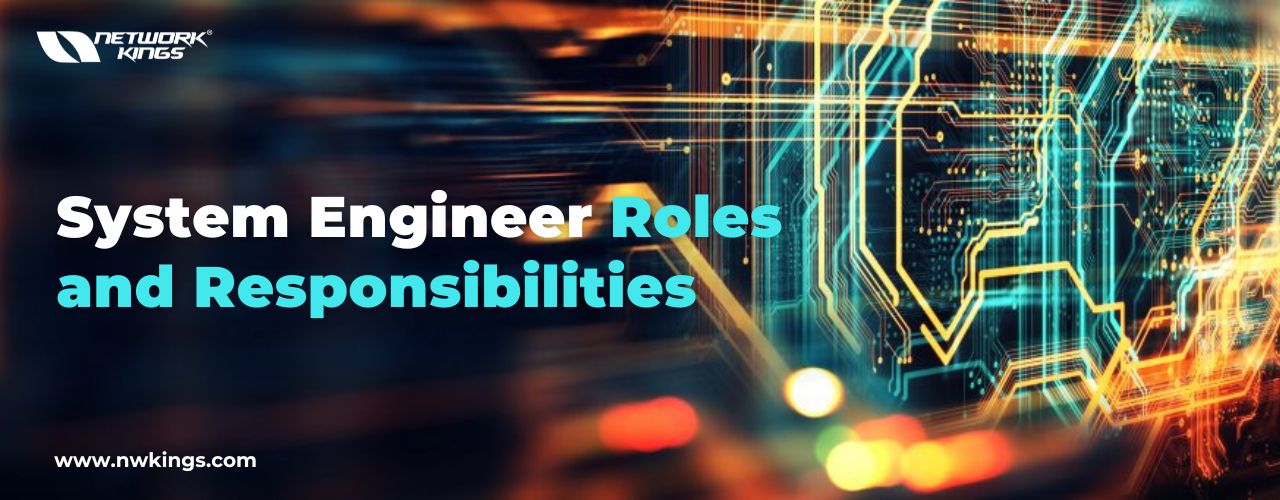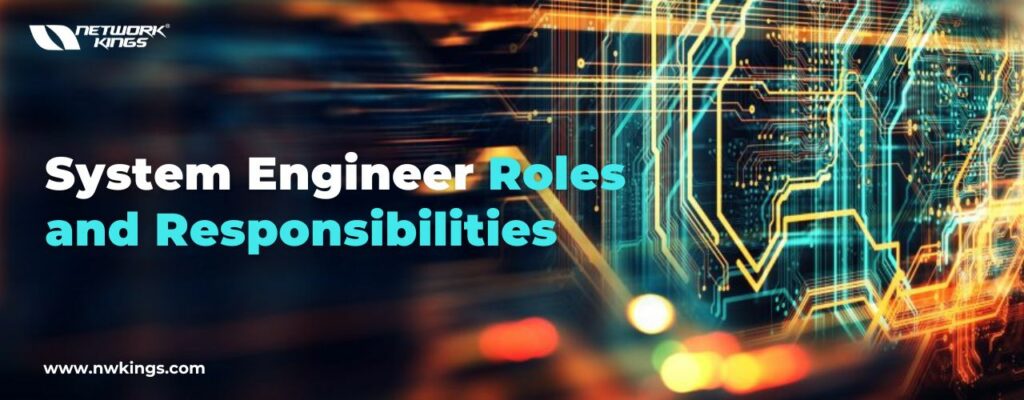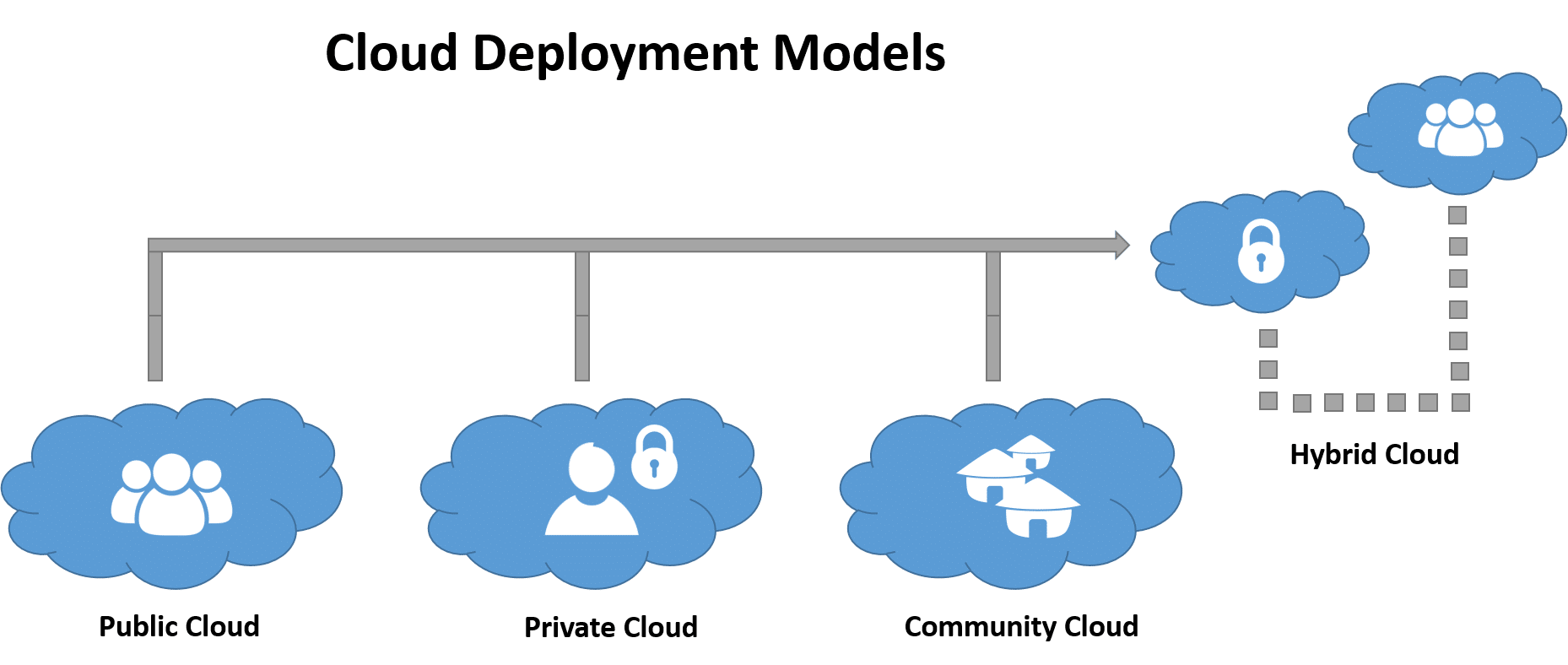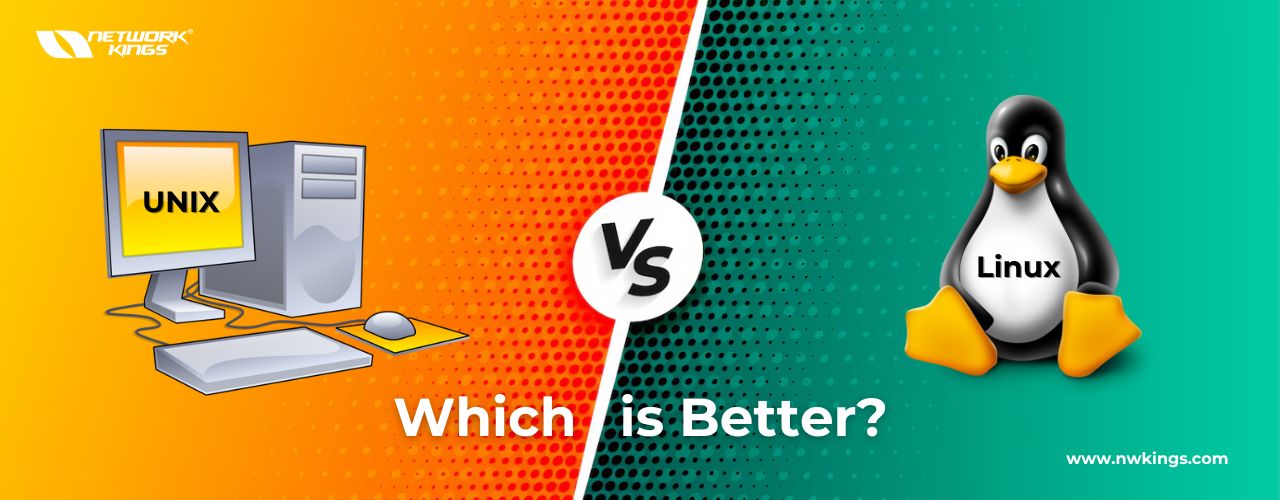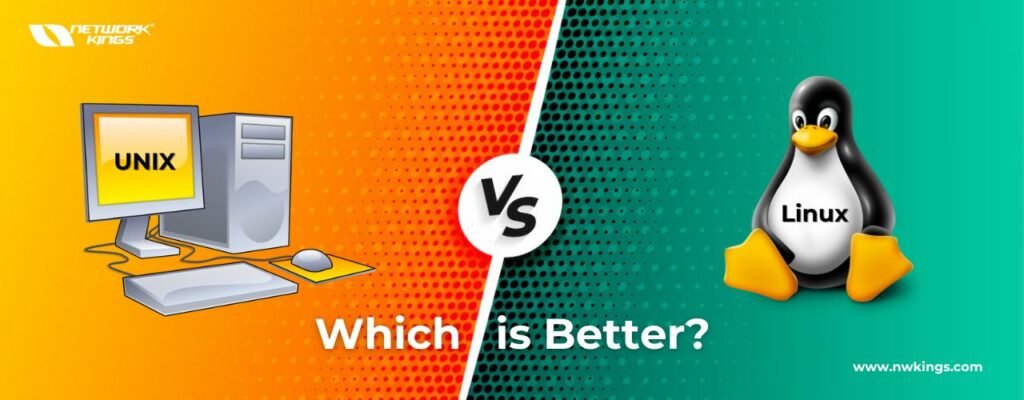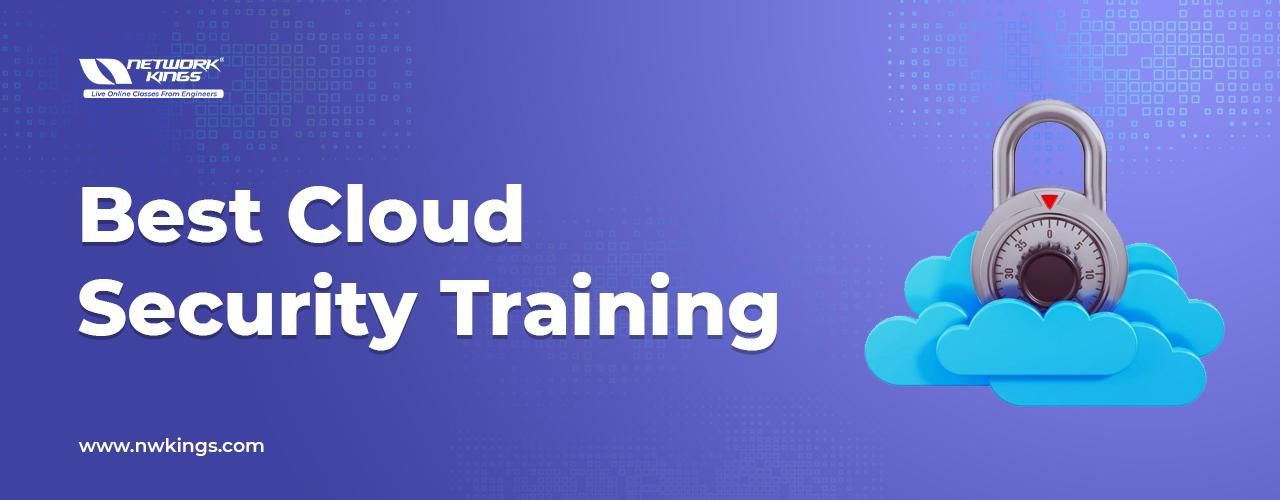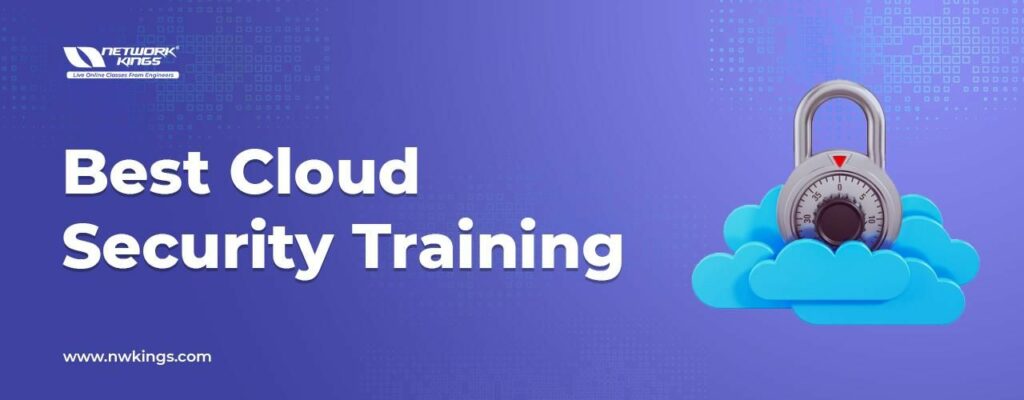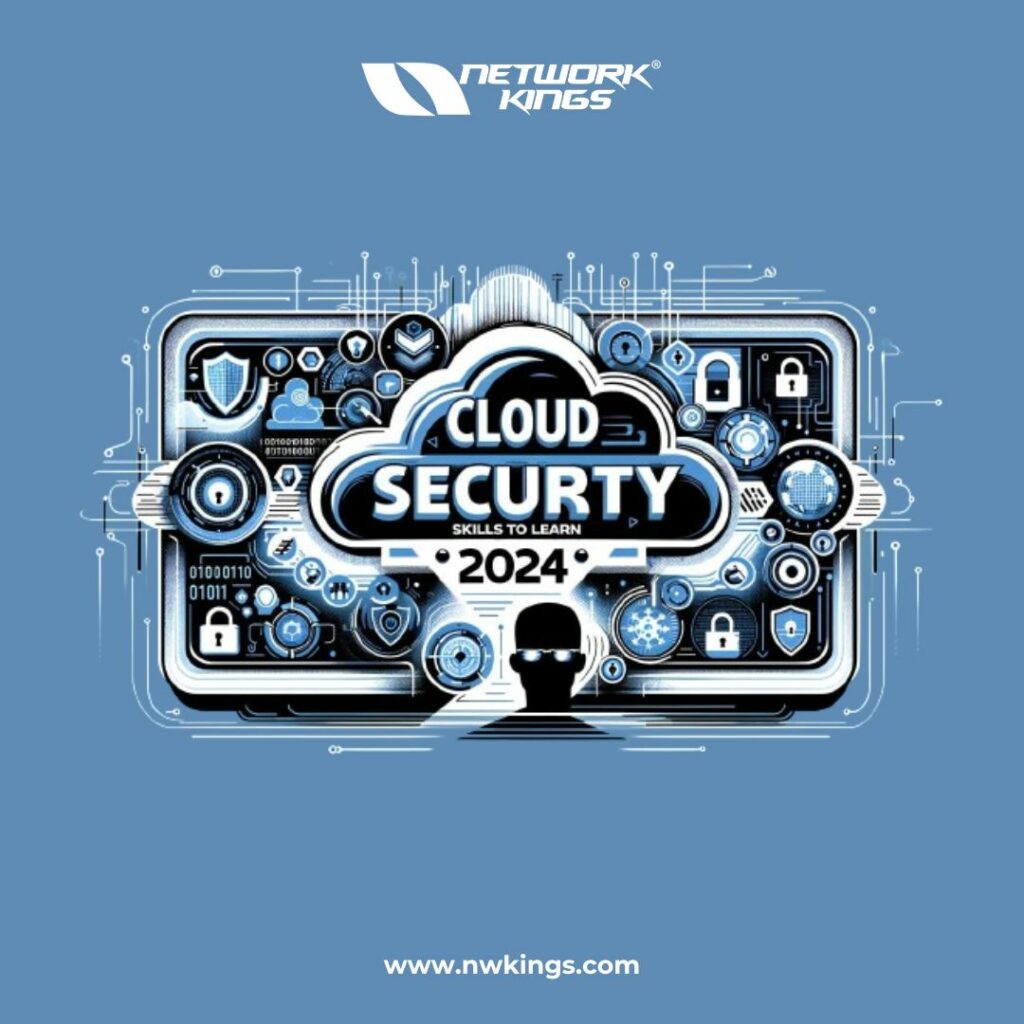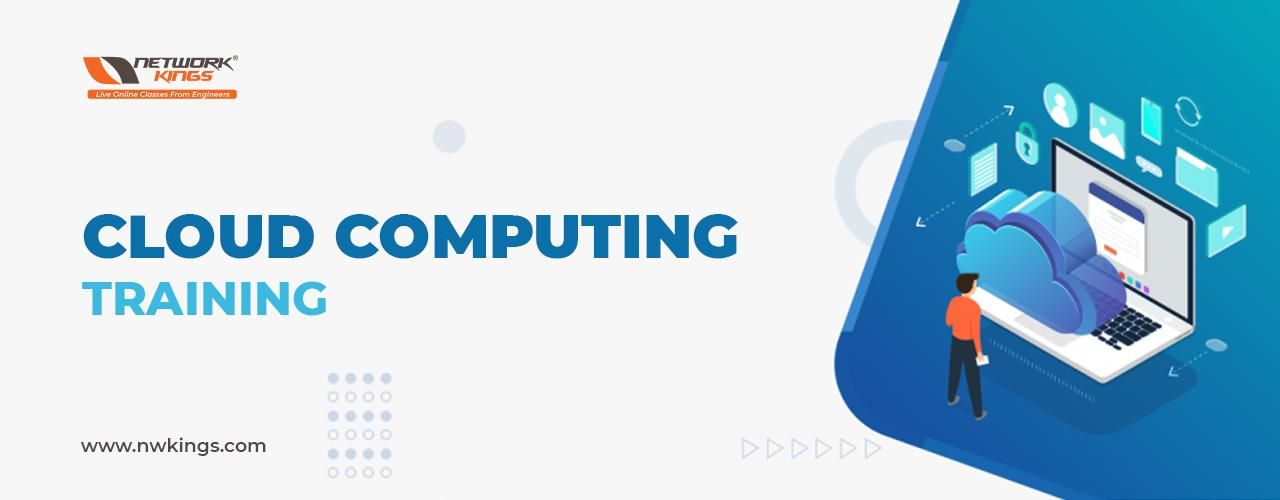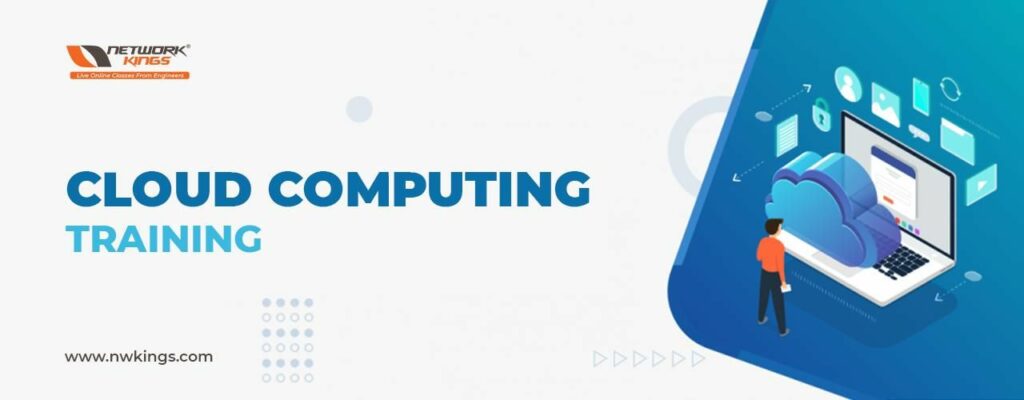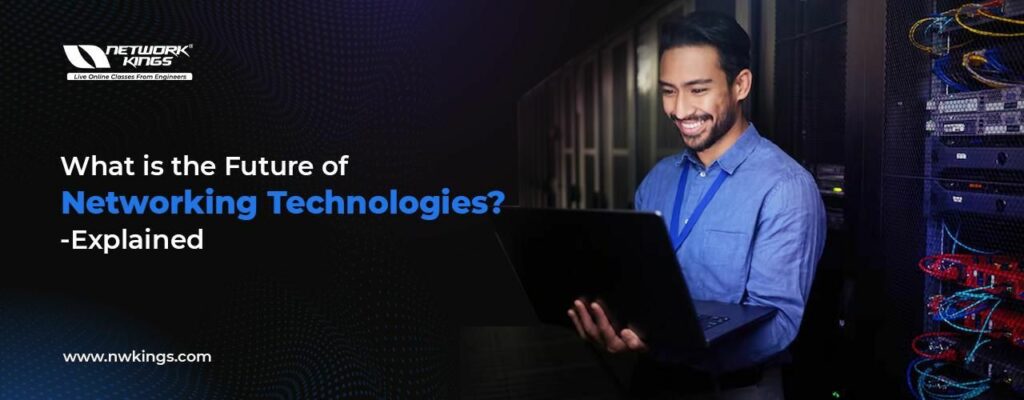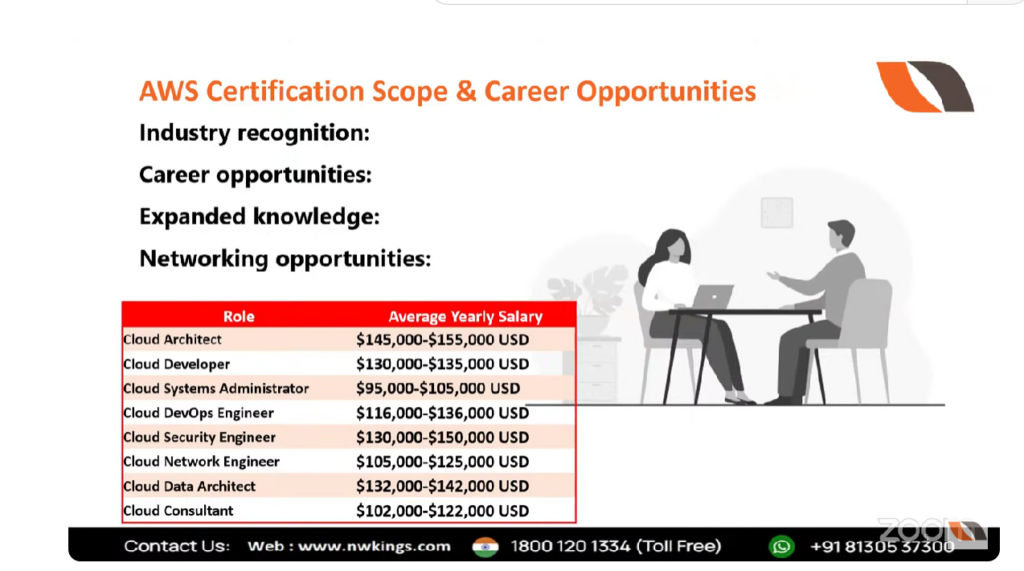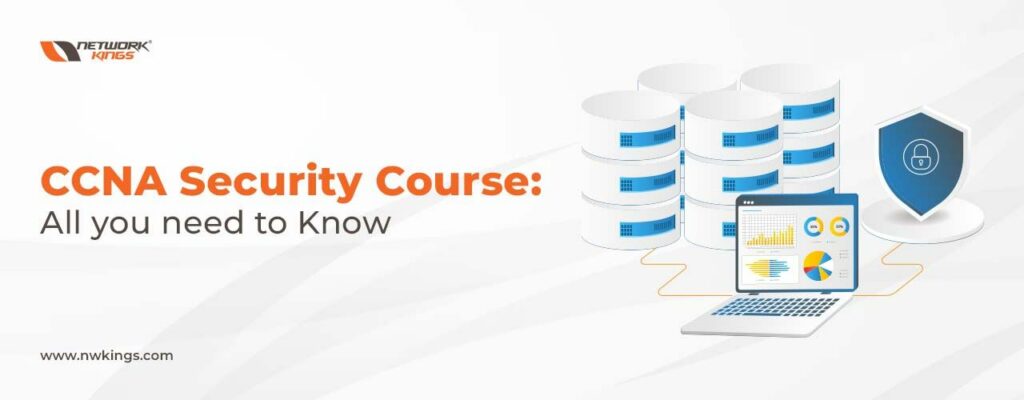
Do you know there are around 38k+ jobs for CCNA security certification holder? If you are seeking to get a dream salary in CCNA security job roles, you must become an expert then.
But how?
So, you can be counted as a CCNA Security expert if you are certified. In Short, you must become a CCNA Security Certified.
For that, you need to enroll and complete your CCNA security course. CCNA Security Course will provide knowledgeable insights about Network security, implementing, securing, and troubleshooting Cisco network devices.
In this blog, we will glance at the CCNA Security certification course and its importance in the field of network security.
What is a CCNA Security Certification?
CCNA Security or Cisco Certified Network Associate Security is an entry-level IT course for Network security aspirants. It includes topics like Network security, secured access, endpoint security technologies, encryption algorithms and protocols, and secure network design.
CCNA Security Certification is meant to prove your skills in securing CCNA. With CCNA Security Certification, you hold a certified position and increase your chance of getting a high-paid valuable CCNA Security job.
To get CCNA security certification, you need to complete CCNA Security Training.
We will discuss all the essentials of CCNA Security Certification Training in the later section.
What is the scope of CCNA Security Certification?
The scope of CCNA Security Certification is vast. We all know that Cybersecurity is our utmost priority so far. The number of Cybercrimes is increasing and the demand for security is increasing rapidly. We need professionals to manage CCNA Security.
Hence, we can say that the scope of CCNA Security Certification is high.
There are around 4k+ job vacancies in the CCNA Security only. Imagine how many opportunities the field will offer in total.
The job roles in the field are- network engineers, specialist network engineers, support network engineers, and network administrators.
The rise of IoT and Cloud computing usage is a crucial part of our business operations. The need for securing our networking will rise too.
CCNA Security Certification holders must be updated with the trends and technologies that will help them to get major insights about the latest job roles and trends that are required to follow.
Overall, CCNA Security Certification comes with a promising future, giving everyone a pathway to enter or progress in the cybersecurity domain, and the need for skilled experts which is likely to remain robust.
Prerequisites for CCNA Security Certification
To pursue the CCNA Security certification, you must follow these lines:
- Basic understanding of networking concepts.
- Experience with Cisco devices.
- Prior knowledge of the CCNA Routing and Switching certification is highly recommended as it covers fundamental networking concepts.
- Acquaintance with TCP/IP protocols, subnetting, VLANs, and routing protocols will also be beneficial.
What topics are covered in the CCNA Security Training?
The CCNA Security course covers topics like:
1. Network Security Concepts
- Understanding different types of threats and attacks
- Identifying vulnerabilities in network infrastructure
- Implementing security policies and procedures
2. Secure Access
- Configuring AAA (Authentication, Authorization, and Accounting) services
- Implementing secure management protocols like SSH (Secure Shell)
- Understanding endpoint security technologies
3. VPN (Virtual Private Network)
- Configuring site-to-site VPNs using Cisco routers
- Implementing remote access VPNs for secure connectivity
- Understanding encryption algorithms and protocols
4. Secure Routing and Switching
- Implementing secure routing protocols like OSPF and EIGRP
- Configuring secure switching features such as port security
- Securing Layer 2 protocols like STP (Spanning Tree Protocol)
5. Firewall Technologies
- Understanding firewall concepts and architecture
- Configuring Cisco ASA (Adaptive Security Appliance) firewall
- Implementing access control lists (ACLs) for traffic filtering
6. Intrusion Prevention Systems (IPS)
- Deploying IPS solutions for proactive threat detection
- Configuring IPS signatures and policies
- Analyzing IPS logs and alerts
Benefits of CCNA Security Certification
With CCNA Security Certification, you will get various benefits like:
Enhanced Job Opportunities
Increased demand for Network security, there are various job options for you. It is beneficial for you if you are dreaming of a career out of it.
Expanded Knowledge Base
CCNA Security Certification training will help you learn more and more about Network Security including principles, enabling you to implement robust security measures within your organization.
Professional Growth
CCNA Security certification will help you grow professionally as it is the pathway toward the cybersecurity field. It can help you take to higher-level certifications, such as CCNP Security or CISSP (Certified Information Systems Security Professional), opening doors to more challenging roles and better remuneration.
Industry Recognition
Cisco certifications are renowned certifications in the IT industry. By getting the CCNA Security certification, you prove yourself as a trusted professional with a thorough skill set in network security.
Preparation Tips for the CCNA Security Certification Exam
To prepare for the CCNA Security Certification exam, you must follow the tips below:
Understand the Exam pattern
Get acquainted with the exam aims and topics mentioned in the official Cisco certification guide. This will help you understand what to expect during the exam.
Hands-on Practice
Practice makes a man perfect and hence you should practice with the practical labs to get better insights into the network security configurations. Practice configuring firewalls, VPNs, and other security features to reinforce your learning.
Study Resources
Try to take the best study resources. It may be boring to go with some physical study materials but it will be helpful if you get online video lectures. So, go for some online edTech platforms like Network Kings.
Join Study Groups or Forums
Try to be around like-minded people and get engaged with the individuals who are preparing for the same CCNA Security Certification.
Time Management
Make a schedule and manage your time accordingly as CCNA Security Certification is not everyone’s cup of tea. You need to work hard to nail it.
To know more about the relationship between Networking and security, you must follow the video link below that will enhance your knowledge in the same.
Where to pursue the CCNA Security Course?
If you’re looking to pursue a CCNA Security course, Network Kings is a reputable online platform that offers comprehensive training in various networking certifications, including CCNA Security. They provide a quality education through their courses, covering essential topics and practical skills required in the field of network security. You can check out their website for more details on course offerings, curriculum, and enrollment procedures.
Why should you enroll in Network Kings for CCNA Security Training?
Network Kings is the best option to pursue CCNA security training. Here are the reasons why:
- Network Kings delivers online training so that you can access it from anywhere.
- Network Kings has a free Live demo class for your better understanding.
- Network Kings gives you a 1-year permit to record videos.
- The Network basics training at Network Kings is available in Hindi and English.
- With Network Kings, get credentials to real labs with live doubt-clearance sessions.
- The program is industry-focused, including 60% practical and 40% theory.
- Network basics batches have evening classes. So, you don’t have to consume your office time in classes.
Career Opportunities with CCNA Security Course
CCNA Security course opens up a wide range of career opportunities in the IT industry. Here are some job roles and responsibilities for CCNA-certified professionals:
- Network Administrator: Network administrators are for operating and supporting network infrastructure, including routers, switches, firewalls, and wireless access points. They manage network design, troubleshooting, and safety.
- Network Engineer: Network engineers develop and execute network solutions based on business needs. They configure routers, switches, and other network devices, and ensure the smooth process of networks.
- Network Analyst: Network analysts observe network performance, research data traffic patterns, and determine areas for progress. They troubleshoot network issues and check network performance.
- Security Analyst: Security analysts concentrate on securing networks from cyber threats. They scan network traffic for questionable activity, perform vulnerability checks, and enforce security measures.
CCNA-certified professionals focus on securing networks from cyber threats. They watch CCNA-certified professionals get competitive salaries and outstanding career development prospects. According to sources, the average salary for a CCNA-certified professional is around $78,000 per year, with the potential to earn more with experience and additional certifications.
What are the salary expectations after the CCNA Security course?
The CCNA certification is highly sought-after. Here is a glimpse of the CCNA salary packages that CCNA-certified professionals get-
- United States: USD 50,000 – USD 120,000
- Canada: CAD 45,000 – CAD 90,000
- United Kingdom: Pounds 20,000 – Pounds 40,000
- Australia: AUD 50,000 – AUD 90,000
- Germany: EUR 35,000 – EUR 60,000
- France: EUR 30,000 – EUR 50,000
- India: INR 250,000 – INR 600,000
- China: CNY 100,000 – CNY 300,000
- United Arab Emirates: AED 70,000 – AED 120,000
- Singapore: SGD 45,000 – SGD 90,000
- Japan: JPY 3,000,000 – JPY 5,000,000
- South Africa: ZAR 200,000 – ZAR 500,000
- Brazil: BRL 60,000 – BRL 120,000
- Saudi Arabia: SAR 80,000 – SAR 150,000
- Mexico: MXN 300,000 – MXN 600,000
Conclusion
In conclusion, CCNA Security Certification is for those who want to handle network security. Securing networks is the utmost priority of every organization these days. Hence, the scope of CCNA Security certification training is high.
To get the training you must enroll for some online training so that you can get lab practice as well. For that, you can rely on Network Kings and get to learn from industry experts.

